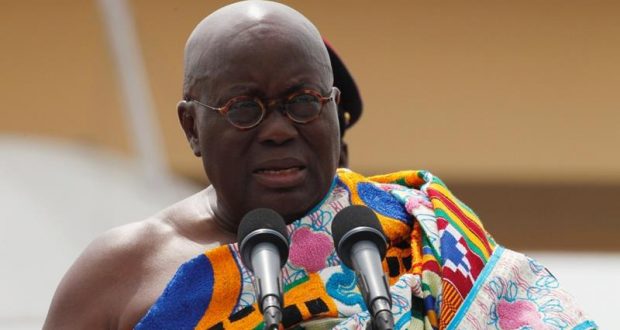Â
I will not go into the merits of the polemic over the quotations. In this brief piece, I wish to simply straighten the obvious foibles in the above-mentioned articulation of the law on copyright. Hopefully, the public will be better informed about our Copyright laws.
In discussing this issue from a legal perspective, people must be careful to distinguish copyright from plagiarism. The two have been confused in the ensuing discourse. Copyright infringement is a construct of the law; Plagiarism is a construct of ethics or morality (plagiarismtoday.com).
The consequences is not criminal but usually reputational embarrassment. In especially an academic environment, the issue of representing some other person’s work as yours is considered extremely unethical. In copyright, however, attribution may or may not be enough as a defence. Attribution may be enough especially where the basis is fair use. In other instances attribution without permission may not be enough.
It is indeed true that there is a 70 years rule in copyright. Section 12 of the Copyright Act, 2005 (Act 690) says, “The rights of the author referred to in section 5 are protected during the life of the Author and seventy years after the death of the author…†(emphasis mine) The rights referred to in section 5 are economic rights of authors. These relates to the rights to authorise or prohibit certain acts of reproduction, adaptation, translation, broadcasting and communication of the work among other acts.
Economic rights must be distinguished from Moral rights. In section 6 of the same act moral rights are described as “the right to claim authorship of the work and in particular to demand that the name or pseudonym of the author be mentioned when any of the acts referred to in section 5 are done in relation to the work.â€
Whereas economic rights in any work is subject to expiration as stated already, moral rights do not expire. To illustrate the point, an author never loses the right to be credited as the originator or source of a work, even if that same person may no longer be entitled to issue approvals or prohibitions over the use of the work.
As section 18 of Act 690 puts it “the moral rights of authors under section 6 exist in perpetuity… “ it goes on to say “… these rights shall be enforceable by the author, during the lifetime of the author, and after the author’s death, by the author’s successors whether or not the economic rights vested in the author under section 5 are still vested in the author or the successor in title of the author.â€
Once copyright expires in a work, it can be quoted from without permission.
However since the moral right still exists, all that might be needed is a simple attribution to acknowledge the moral right of an author. But when in doubt… acknowledge your source or where necessary seek permission.
The writer is a Technology, media and telecommunications lawyer. You can contact him at:Â fifibartels@yahoo.com
Â





